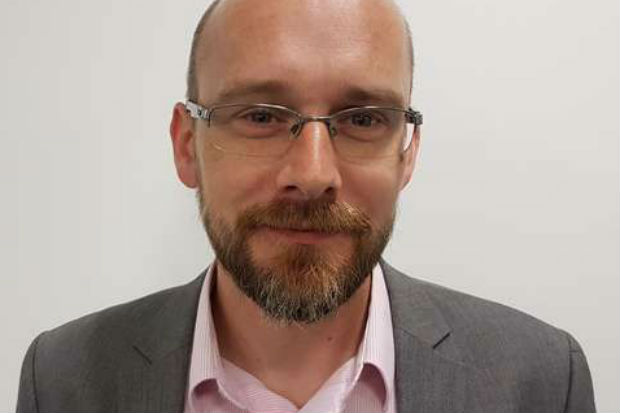
I work for the Criminal Injuries Compensation Authority. We provide compensation for victims of violent crime throughout Great Britain. This involves gathering police and medical evidence to ensure that our applicants get the compensation they deserve based on the injuries, both physical and mental, they have suffered. We work closely and directly with victims of isolated incidents and major incidents. My current role is to ensure we carry out this work as effectively and speedily as possible to minimise the impact such events can have on individuals and allow them to move on with their lives.
However, working in operations within the Civil Service was not something I ever planned. I was going to be a writer. I was going to be a teacher. I was going to be a doctor.
I wanted to be a writer, so I could be creative: a chance to express myself and my ideas to a wider audience, to make a little difference to people around me, far and wide.
I wanted to be a teacher, so I could help guide and steer the future: to encourage and nurture better ways of life for those who would come after me.
I wanted to be a doctor, to know I was making a difference on a day-to-day basis: to have the opportunity to help individuals in a caring profession.
But 40 years later, I’m a civil servant and I work in operations. This is something I have thought about a lot recently, wondering how I came to be where I am. What motivated me? Is it just what happened? Is it by design? Is there something I did or didn’t do that led to this particular career path? That’s when I went back and thought about the things I wanted to do as a child, teenager and young adult, and – more importantly – why I wanted to do them.
When younger, I realised, money wasn’t the motivator. As a child I had no real concept of what any of my chosen paths earned or what that meant. As a teenager and young adult, even a modest wage seemed like a fortune. The motivation came from what I thought those jobs would give me on a personal level. They suited the purpose and ideals I thought were important – they shared my values.
So, working in operations, I get the opportunity to help create new and original ways of getting the job done more effectively. I get to be creative and express myself and my ideas to everyone I work with. I get to make a difference to those around me.
I am empowered to help guide and steer the future of my colleagues through various levels of support and interactions to encourage and nurture better ways to work for those I currently work with and those who will come after me.
The members of the public we serve, need our help and support. I get to care about individuals up and down the country and do what I can to make their lives better and/or more straightforward.
So, working in operations, it turns out, also shares my values. Especially within the Civil Service. That’s what guided me to this role.
Daily, I am able to do what I think is important: to me as an individual and to what I think makes society work. I can be creative and share my ideas. I help to teach and guide those around me (and learn at the same time). I get the opportunity to work for and with people I care about and improve people’s lives. I get the joy of being a writer, without worrying about getting published. I am a teacher who has the chance to use a whole range of ways to encourage and develop, without the long nights spent marking tests. I might not be a doctor, but I do get to enjoy the sense of helping those in need.
Working in operations within the Civil Service gives me purpose and, most importantly, reflects my values. That is why I am here. I’m here by design, not by accident. I just needed to step back and see it.
